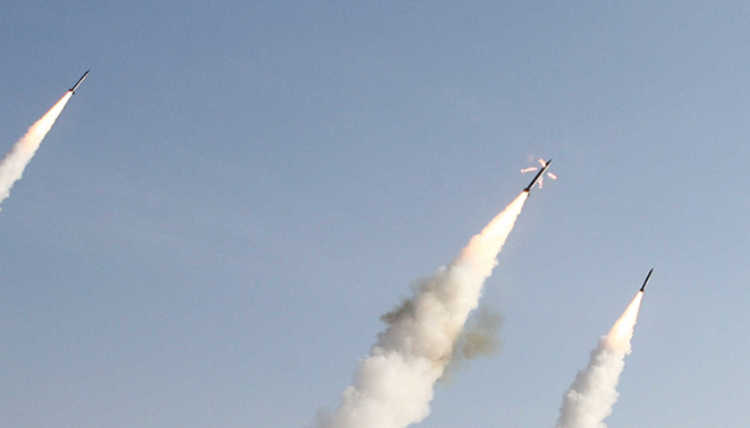Publication | 08/01/2015
Power Struggle in the Middle East
In contrast to other world regions, the Middle East currently has no prominent leading power. The recent upheavals could reshuffle the cards in this race.

The Arab Spring hasn’t just caused social and political turmoil in the Arab countries; it has also shaken the regional balance of power. At the GIGA, internationally networked research on regional power structures and the role of global players has taken place for many years. Recently, a group of GIGA researchers collaborated with renowned foreign colleagues to investigate and study the changing regional conditions and the various candidates’ chances of achieving a leadership role in the Middle East in the aftermath of the Arab Spring.
As a result of this cooperation, the group wrote the book Regional Powers in the Middle East: New Constellations after the Arab Revolts, which was edited by Henner Fürtig and published by Palgrave Macmillan (New York) in December 2014.
Content
In many ways, the Middle East has a history for being perceived as an exceptional region. This applies not least to the power-structure of the region. The concept of regional power stipulates that conflicts regarding the emergence of regional powers have been increasing significantly after the end of the Cold War. Yet, although the Middle East is a region full of conflict, no – uncontested – regional power has emerged since Egypt’s defeat in the Six-Day-War of 1967 and the country’s hegemony found its very end with President Nasser’s death in 1970.
Thus, the actual absence of one distinct regional power in the Middle East may be considered a central puzzle in regional politics. Compared with Latin America, Sub-Saharan Africa or East Asia which has generated acknowledged regional powers such as Brazil, South Africa or China after the end of the Cold War, the Middle East seemed to represent a "deviant" and exceptional case. Although several states (Egypt, Saudi Arabia, Iran, Israel, Turkey) have been contenders for regional leadership, the particular power constellation in the Middle East has so far prevented the emergence of a single regional power.
The central question of this book was therefore to ask for the reasons behind this astonishing "anomaly". Furthermore, it addresses questions such as: How regional actors exerted regional politics in the absence of a regional power? What are the opportunity and constraints of regional political action in the absence of a regional power? In which ways influence international powers regional politics and what are the implications of the region’s power structure for the role of the Middle East in world politics?
This set of question is particularly relevant when related to the breathtaking upheavals in the Middle East which began in December 2010 and which swept away long-standing autocracies in Egypt, Tunisia and Libya, still challenging a number of so-far rather stable autocratic regimes.
Although the final outcome of these upheavals is hardly predictable, political transformations in some countries have been so significant that they will inevitably influence the regional power balance. Might the "Arab Spring" lead to a situation in which a single actor will be able to assume or re-assume a regional leadership role? Will the region return to "normality" with regard to other world regions?
The first chapter takes up these questions in light of contemporary discussions in the field. Then the book continues with detailed case studies in which the pros and cons of selected contenders for regional power are analyzed and discussed. The concluding chapter synthesizes the major finding of these case studies in order to find a tentative answer to the major question about the "anomaly" of the regional power structure.
In terms of case studies, this book is unique in its attempt to deal with each case from a "pairing" perspective, i.e. presenting an external and an internal view. One scholar from each of the analyzed countries contrasts his or her findings with those of researchers from the German Institute for Global and Area Studies (GIGA). In this way, the editor wanted to reach a more profound and complex assessment of Middle Eastern politics, presenting an integrated analysis of a globally embedded region.
